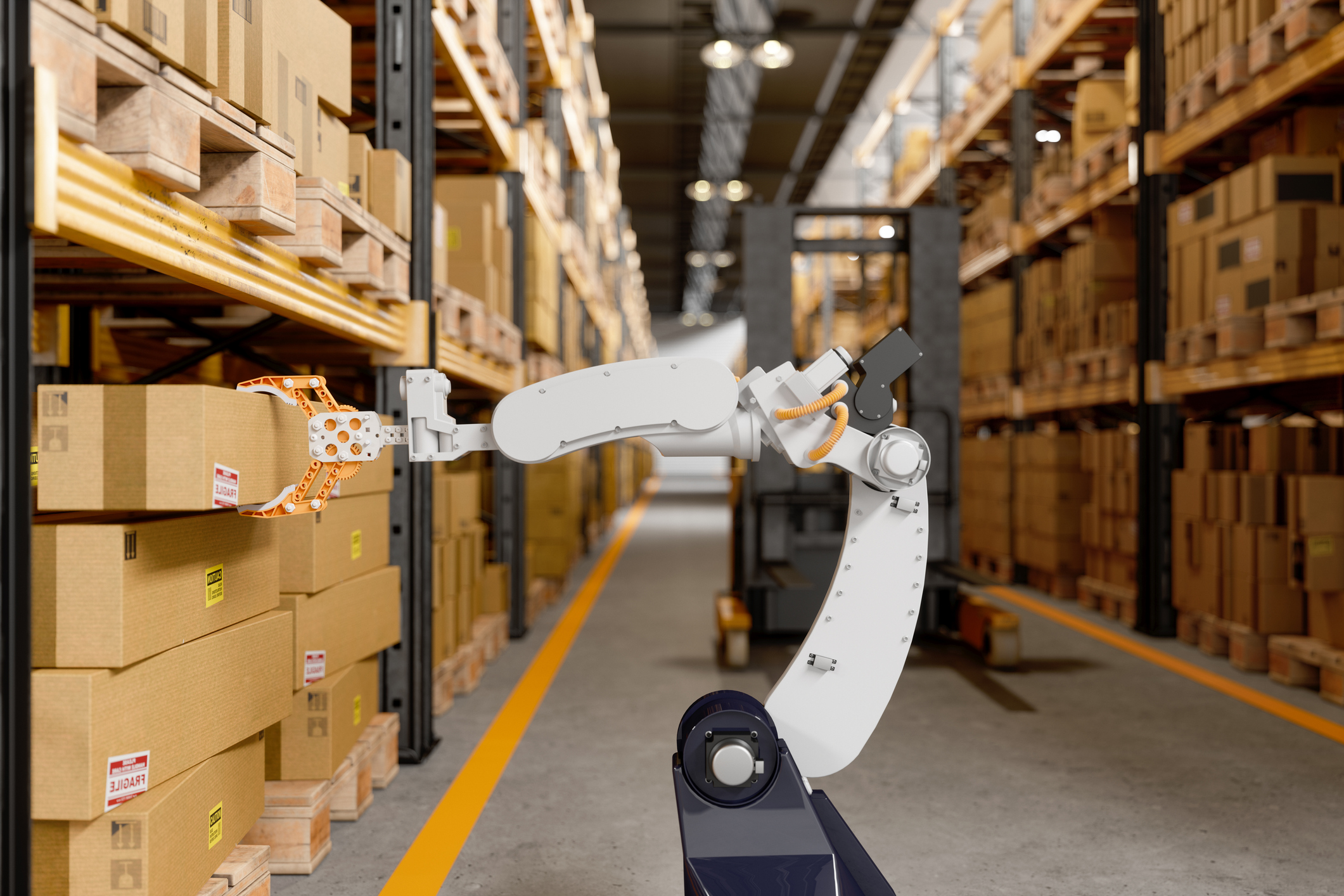
A recent Gartner survey of U.S-based Chief Supply Chain Officers (CSCOs) revealed their overwhelming focus for the next few years as being on building agile and resilient supply chains. Respondents acknowledged senior leadership have accepted the need for investments to achieve this, and that automation will be the key.
To quote the report: ‘The universal response was to be better equipped to deal with and to strengthen supply and demand operations during the next significant disruption.’
Yep, you read that right (take a deep breath…. breathe…. breathe.): Supply chain managers fully expect more significant disruptions, soon.
They also know their supply chains were not prepared for the recent spate of disruptions, and (quote) ‘The experiences of running a supply chain during the COVID-19 pandemic was a challenging and, in some cases, harrowing time’ for CSCOs.
So, it’s time to make changes, they say:
Interestingly, more than 1 in 2 respondents thought automation would make onshoring more viable and most thought ‘Lean’ and ‘Just in Time’ principles would remain applicable (despite the bad press during Covid).
86% of respondents said they are, or will be, diversifying the supplier base to move away from single source of supply. And 71% said they are, or will be, relocating manufacturing sites ‘from one region or country to another’.
For me, there are four key takeaways from the survey:
1. A well-designed agile and resilient supply chain does not have to be more expensive to operate; the fundamentals just need to change. I think this means a much greater focus on the digitalisation of end-to-end supply chain:
2. CSCOs are still committed to ‘lean’ and ‘just in time’ so suppliers will most likely need to prove they can manage these issues during future disruptions.
3. Multiple sources of supply will become the norm so price will remain a key differentiator. Suppliers will be competing on price, service and reliability whilst also managing the challenge of the multiple competitors’ offerings.
4. Automation and digital integration across supply chains will continue to be important. Suppliers can expect an increase in the expectation on ‘advanced manufacturing’ techniques and the implementation of the full suite of Industry 4.0 solutions.
COVID has taught us to be prepared for anything and everything, and to become resilient and flexible. The digitalisation of our businesses and the move to Industry 4.0 solutions are just two of the ways Australian businesses can achieve this.
It’s time to digitalise and automate your business: based on the clear strategic goals of being agile and resilient within your supply chains, no matter what happens in the future.
Want more information?
Contact MESCR GM James Scotland (james.scotland@aigroup.com.au) or get in touch via our LinkedIn here.

After a long career in multiple aspects of supply chain management, corporate training and business advisory, James brings a business improvement mindset to his role as General Manager of Supply Chain Resilience for Ai Group. A skilled communicator and adviser, James has been involved with Oil & Gas, the Defence industry and supply chain across the board for over 40 years.
James has a Masters degree in International Management and a partially completed Doctor of Business Administration. He says he'll get around to finishing it when he retires.